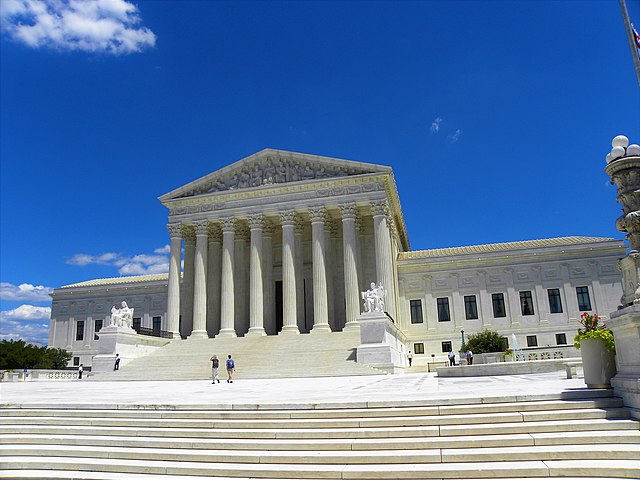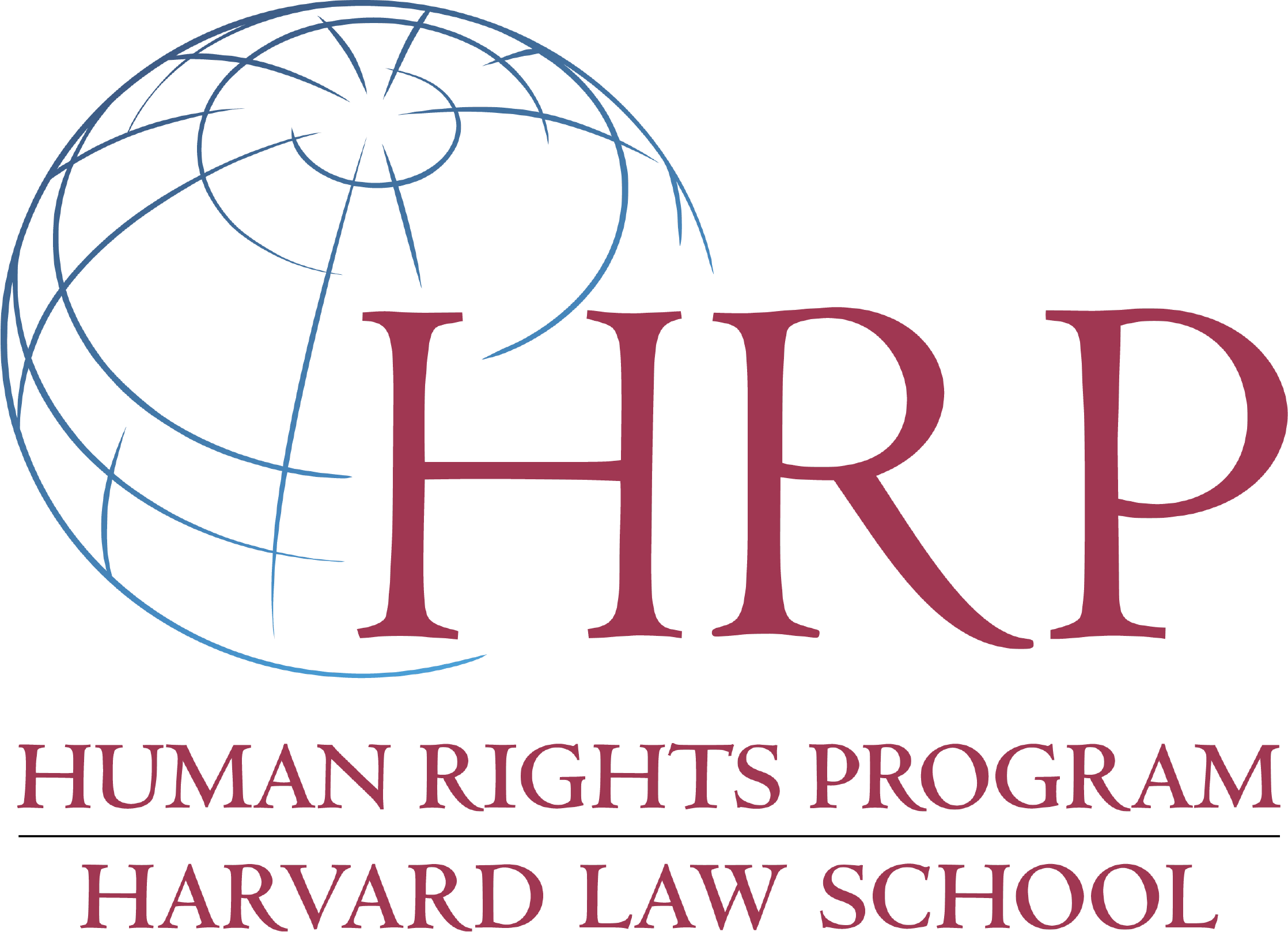
The Supreme Court’s Attack on Habeas Corpus in DHS v. Thuraissigiam
Gerald L. Neuman, Human Rights Program Co-Director and J. Sinclair Armstrong Professor of International, Foreign, and Comparative Law, contributed a piece to the Just Security blog this week to discuss the recent Supreme Court decision in DHS v. Thuraissigiam. Neuman previously filed an amicus brief to the Supreme Court on the case, which involves a Tamil individual who tried to claim asylum in the United States after fleeing Sri Lanka in fear of persecution.
Neuman writes:
“At a time when the rule of law is under threat and xenophobic incitement has become a central government policy, a five-Justice majority of the Supreme Court has called into question the Constitution’s fundamental guarantee against executive detention. Refugees are the primary target of the Court’s decision in Department of Homeland Security v. Thuraissigiam, but the immediate implications of Justice Samuel Alito’s opinion are much wider, and the opinion endangers everyone – U.S. citizens included – by reopening settled questions about the Habeas Corpus Suspension Clause of the Constitution.
This important case has gotten less public attention than it deserves. The opinions may be hard for non-experts to follow, because they arise in a technically complex area of immigration law, and because Alito mischaracterizes some of the issues. The case arose when Vijayakumar Thuraissigiam fled Sri Lanka in the hope of being protected by the United States and was arrested by immigration officials in 2017 at a short distance from the southern border. He was placed in rudimentary “expedited removal” proceedings, where his claims for protection were quickly rejected. The statutory provisions on expedited removal clearly preclude anyone in his position from obtaining judicial review, including by habeas corpus, of the legality of the removal decision. The central issue raised by the case was whether this total preclusion of habeas corpus for a refugee within the United States violated the Suspension Clause.
Once the Supreme Court granted certiorari, it was likely that five Justices would rule against the refugee’s right to have his particular claims reviewed; the more urgent question was how broadly they would uphold preclusion of judicial review.”
